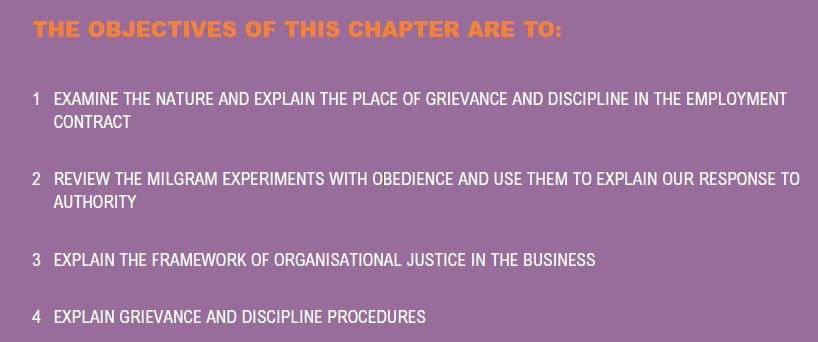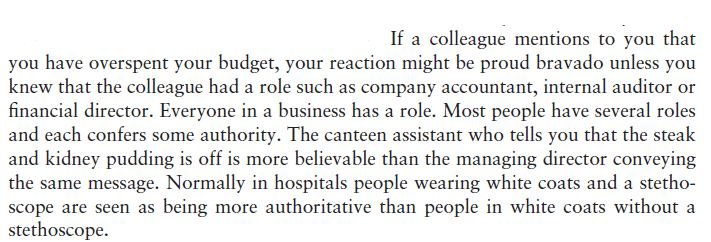Discipline and Grievance


They may be in the form of good management and leadership quality, similar minded colleagues, amiable working situation, skill enhancing opportunities, and much more. Again there are also few expectations from the sides of employers too. They may be in the form of quick thinking and working, careful utilisation of skills, active participation and much more. They also want that employees are more flexible and have that willingness to work on a project that requires extra effort.
In case employees aren’t satisfied with the employees, the systematic processes can go wrong and can result on grievances. In case dissatisfaction is from employers, the disciplinary situation may arise. These 2 procedures are to find out ultimate sanction and avoiding them so that employees don’t resign from their jobs. The roles exercised by authorities are to make the process more efficient.

Links of Previous Main Topic:-
- The nature of human resource management
- Strategic human resource management
- Planning jobs and people
- Strategic aspects of resourcing
- Contractors and their contracts with consultants
- Recruitment
- Selection methods and decisions
- Staff retention
- Ending the contract
- Strategic aspects of performance
- Organisational performance
- Individual performance management
- Team performance
- Introduction leadership and motivation
- Managing absence and attendance
- Interactive skill 3 appraisal interviewing
- Strategic aspects of development
- Context competence competencies
- Learning and development
- Career development
- Strategic aspects of employee relations
- Recognition and consultation
- Health safety and welfare
- Equality the legal framework
- Equal opportunities and diversity
Links of Next HR Management Topics:-
